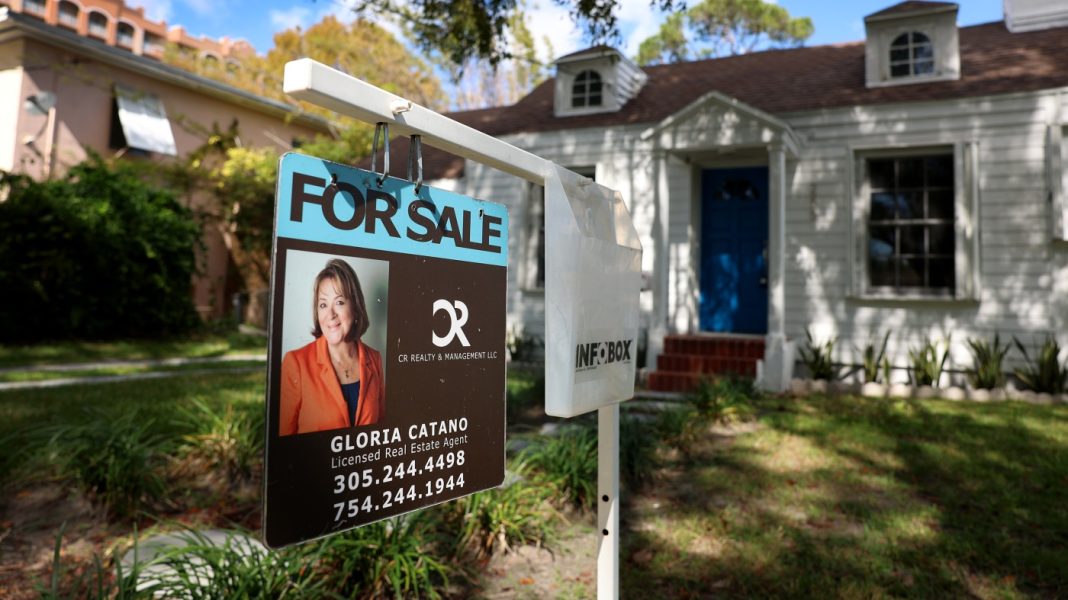The housing market feels increasingly like an unsolvable puzzle for many. Sky-high prices, relentless interest rates, and the seemingly endless quest for a down payment have pushed the dream of homeownership further out of reach for countless individuals and families. So, when a proposal like a 50-year mortgage plan surfaces, it’s bound to grab headlines and spark intense debate. On the surface, the promise of drastically lower monthly payments is seductive, a tantalizing offer in a tough market. But for those of us who tend to look beyond the immediate relief, a myriad of profound questions immediately come to mind. We’re not just curious; we’re actively interrogating the potential long-term implications of such a seismic shift in home financing.
Affordability or an Endless Debt Cycle?
The primary appeal of a 50-year mortgage is undeniably the reduction in monthly payments. Stretching out repayment over half a century could indeed make the upfront cost of homeownership appear more manageable for first-time buyers or those struggling in competitive markets. But is this true affordability, or are we simply pushing the problem further down the road, and dramatically increasing the overall cost of the home?
Consider the math: a traditional 30-year mortgage already sees borrowers paying significantly more in interest than the principal amount. Extending that to 50 years means an incredible, almost unfathomable, amount of interest accrual. While the monthly bite might feel smaller, the total financial commitment becomes colossal. For example, a $400,000 home at 7% interest on a 30-year mortgage would cost over $950,000 in total. What would that look like over 50 years? We’re talking about a sum that could easily double or even triple the initial purchase price, effectively turning a single home into multiple purchases over its lifetime. This isn’t just about making payments; it’s about understanding the total cost of ownership. Is a lower monthly payment truly a benefit if it means being in debt for nearly your entire adult life, and then some?
The Generational Hand-Off: Passing Down the Principal?
Perhaps one of the most unsettling aspects of a 50-year mortgage is its potential impact on generational wealth and debt. Homeownership has historically been a cornerstone of building equity and passing wealth down to future generations. But if a mortgage extends over five decades, what does that mean for the next generation?
Imagine purchasing a home in your 30s. A 50-year mortgage means you’d still be paying it off in your 80s, well into retirement. What happens if you want to move, or heaven forbid, pass away before the mortgage is paid? Does the remaining principal burden then fall to your heirs? Are we inadvertently creating a scenario where children inherit not just a home, but decades of its outstanding debt? This introduces a novel concept of inherited debt on a scale we haven’t typically seen with housing, complicating estate planning and potentially trapping families in a continuous cycle of debt rather than freeing them through accumulated equity.
As one financial analyst, Dr. Evelyn Reed, observed, “Extending the mortgage term to 50 years isn’t just about reducing monthly payments; it’s about fundamentally altering the concept of homeownership, potentially turning it into a multi-generational debt burden rather than an asset for wealth building.” This plan also begs the question of market stability: could such prolonged debt terms inflate housing prices even further, creating an artificial bubble while making it even harder to build real equity?
A Path to Homeownership, or a Financial Tightrope?
The intentions behind a 50-year mortgage plan may well be rooted in a genuine desire to address the housing crisis. However, the proposed solution raises more questions than answers about the long-term financial health of homeowners and the overall stability of the housing market. While making monthly payments more accessible might seem like a win, we must carefully consider the monumental increase in total cost, the sluggish pace of equity accumulation, and the profound implications for generational wealth and inherited debt. True solutions to housing affordability should empower individuals, not potentially entangle them in a half-century-long financial commitment with unclear benefits and significant risks. We need to look beyond the immediate relief and deeply analyze whether this is a sustainable path forward or a precarious tightrope walk over an abyss of long-term debt.
It’s crucial that we demand more detailed answers and engage in thoughtful discussion before embracing such a drastic change to the landscape of homeownership.




